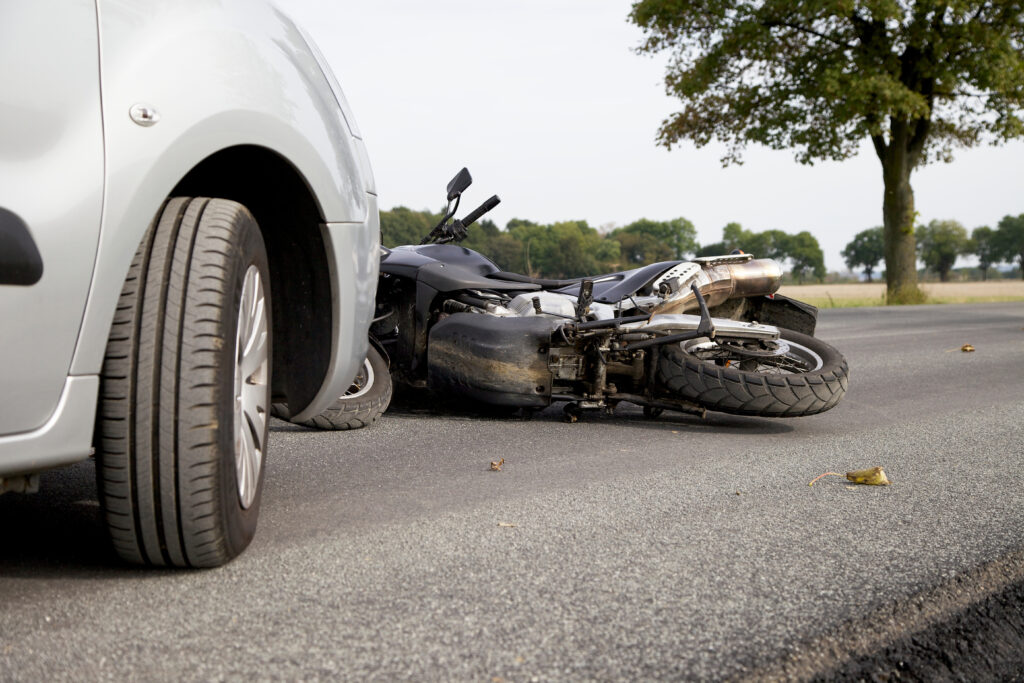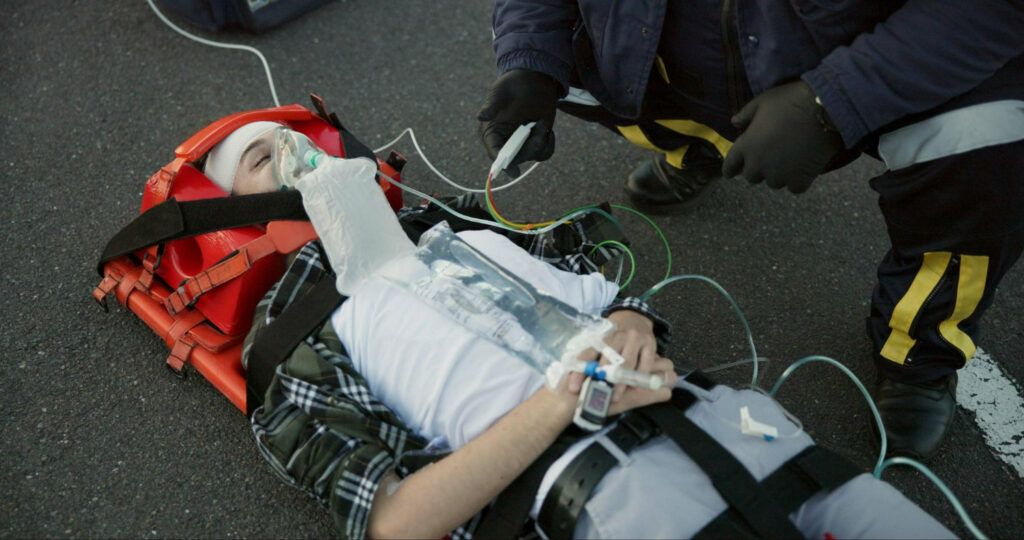Navigating the aftermath of a car accident in Dallas can be as stressful as the collision itself, especially when learning about How to deal with insurance adjuster after car accident. Every year in Dallas, thousands of individuals engage in the intricate process of filing accident insurance claims, which frequently resembles a struggle against an unseen adversary. The role of an insurance adjuster is pivotal in determining how, and how much, you will be compensated for your losses and injuries. Understanding your rights and learning effective strategies to negotiate your accident claim are crucial in ensuring you are not shortchanged. This guide offers essential insurance adjuster tips to empower you with the knowledge to handle these interactions confidently and effectively. Here, we’ll explore the nuanced role of adjusters, how to prepare for claims discussions, and tactics for safeguarding your interests during challenging negotiations.

The Role of an Insurance Adjuster
Preparing to Speak with an Insurance Adjuster
Communication Tips When Dealing with Adjusters
Navigating your way through insurance claims after a car accident can be daunting. How to Deal with Insurance Adjuster After Car Accident in Dallas requires a clear understanding of your policy and rights and skillful communication with the insurance adjuster. Here are some essential insurance adjuster tips to help you manage this crucial interaction.
Effective Communication with Adjusters
When communicating with an insurance adjuster, you must protect your interests while maintaining a cooperative tone. Here’s how to achieve this balance:
- Be Prepared and Informed: Before making the call, ensure you have all relevant information. This includes your insurance policy number, the date and time of the accident, a copy of the police report, and any medical reports. Being informed about your policy’s coverage and limitations helps you speak confidently and factually.
- Stick to the Facts: Provide a clear and concise description of the accident without adding unnecessary details or opinions. It’s crucial to deal with insurance adjusters straightforwardly, as providing too much information or speculating about fault could be used to diminish your claim.
- Know What to Withhold: Until you fully understand the scope of your injuries and damages, be cautious about what you share. Do not discuss fault or make definitive statements about your injuries, as these topics can later become contentious points in determining the settlement.
Staying Calm and Professional
The interaction can often become tense, especially when dealing with losses and injuries. Maintaining composure is essential.
- Maintain Your Composure: Stay calm no matter how frustrating the process gets. If you feel that your emotions are getting the better of you during a call, it’s okay to request a pause or arrange another time to continue the discussion.
- Professional Demeanor: Always address the adjuster by their title and last name, respond promptly to their inquiries, and thank them for their time. Professional courtesy can go a long way in ensuring the conversation remains constructive.
Keeping Detailed Records
Documenting every interaction can provide a substantial advantage should disputes arise:
- Document Every Call: For every phone conversation, note the date, time, duration, and the adjuster’s name. Write down a summary of what was discussed, including any significant statements made by the adjuster. If possible, follow up with an email confirming what was agreed upon during the call.
- Save All Correspondence: Keep copies of all written communications between you and the insurance company. This includes emails, letters, texts, and any documents you send or receive.
- Record Commitments and Promises: Note any deadlines, promises, or actions the adjuster agrees to during your communications. These notes can be crucial in holding the insurance company accountable for what they commit to doing.
How to Deal with Insurance Adjuster After Car Accident in Dallas isn’t just about getting the compensation you deserve; it’s also about managing a potentially stressful interaction to maintain your rights and dignity. By following these adjuster negotiation tips, you can ensure that your car claim adjuster communications are as effective and beneficial as possible.
Negotiating the Settlement

Featured Headlines
Check out our latest post
Legal Options if Negotiations Fail
Knowing your legal options is important when negotiations with insurance adjusters stall or fail to yield satisfactory results. How to Deal with Insurance Adjusters After a Car Accident in Dallas doesn’t end at the negotiation table; you can pursue several legal avenues to seek the compensation you deserve.
Understanding Legal Recourse
If you find yourself unable to reach an agreement with the insurance company, the following legal options are available:
- Mediation: This is a form of alternative dispute resolution where a neutral third party helps facilitate a settlement between you and the insurance company. Mediation can be a less adversarial and more cost-effective than going to court.
- Arbitration: Similar to mediation but more formal, arbitration involves a neutral arbitrator who listens to both sides and makes a binding decision on the settlement. It’s faster than a trial and can be less expensive, but it does limit your ability to appeal if you’re dissatisfied with the outcome.
- Litigation: Taking your claim to court should be considered a last resort due to the time, expense, and uncertainty involved. However, it can result in a more favorable settlement if your case is strong, particularly if significant injuries or clear liability are involved.
Role of Personal Injury Attorneys
Engaging a Dallas-based personal injury attorney is crucial if you escalate your claim beyond simple negotiations. An experienced attorney can:
- Guide You Through the Legal Process: From filing a lawsuit to representing you in court, a personal injury attorney understands the complexities of legal procedures and will ensure that all filings are timely and correctly handled.
- Maximize Your Compensation: An attorney can effectively argue your case and demonstrate the full extent of your damages, potentially increasing the compensation you receive.
- Handle Mediation or Arbitration: Lawyers can navigate these processes and advocate on your behalf, ensuring your side of the story is compellingly presented.
Statute of Limitations in Texas
It’s important to act promptly if you decide to take legal action. In Texas, the statute of limitations for filing a personal injury lawsuit after a car accident is generally two years from the accident date. Failing to file within this period can result in losing your right to sue forever. It is essential to consult with a lawyer as soon as you realize that negotiations may not result in a fair settlement.
How to Deal with Insurance Adjusters After a Car Accident in Dallas involves knowing when to transition from negotiations to legal action. By understanding your legal options and the strategic role of personal injury attorneys, you can navigate this transition effectively, ensuring your rights are protected and your needs are met. If negotiations fail, having skilled legal representation can make all the difference in achieving a just resolution to your claim.







